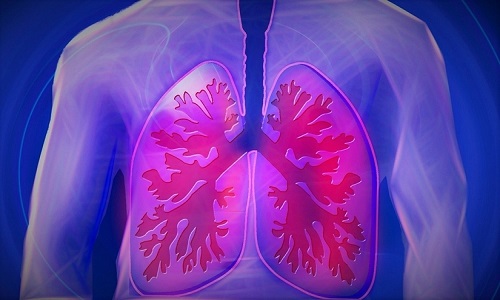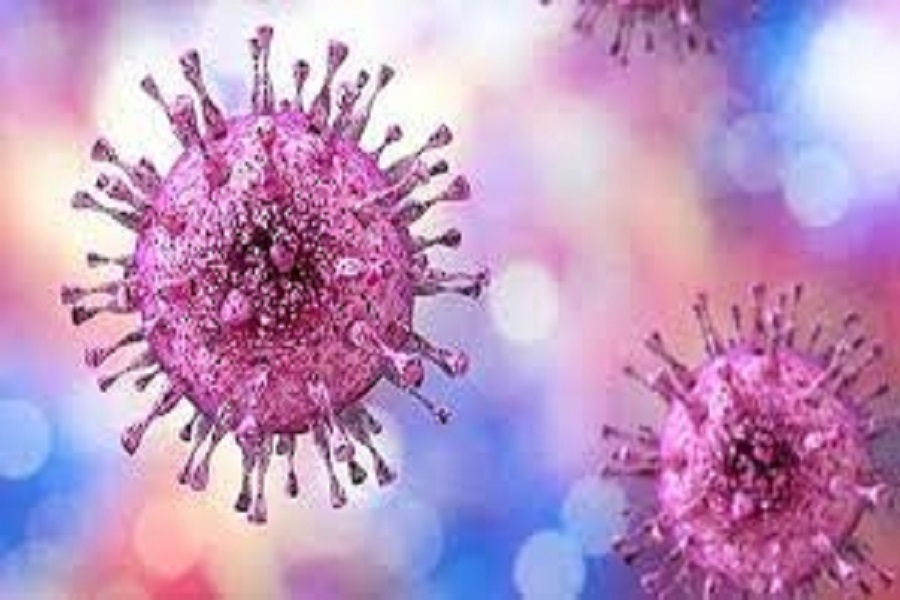How bacteria defeat cystic fibrosis drugs

Researchers have discovered a slimy strategy used by bacteria to defeat antibiotics and other drugs used to combat infections afflicting people with cystic fibrosis.
Cystic fibrosis is a life-threatening disease that causes persistent lung infections and limits a person's ability to breathe over time.
A common strain of bacteria, Pseudomonas aeruginosa, often thrives in the lungs of people with cystic fibrosis, as well as in wounds from burns or diabetic ulcers.
Once a P. aeruginosa infection is established, it can be incredibly difficult to cure, despite repeated courses of antibiotics, said the researchers, including Laura Jennings, from the University of Montana.
The research, published in the journal Cell Reports, showed that the stubborn germs living in the lungs of cystic fibrosis patients create a self-produced carbohydrate slime.
And this slime makes the bacteria more resistant to the antibiotics prescribed by doctors, as well as drugs that reduce the thickness of mucus.
"We found the first direct evidence that these carbohydrates are produced at the sites of infection. We showed that one of the carbohydrates, called Pel, sticks to extracellular DNA, which is abundant in the thick mucus secretions prominent in cystic fibrosis lungs," Jennings said.
"This interaction makes a slimy protective layer around the bacteria, making them harder to kill. As such, it reduces the pathogen's susceptibility to antibiotics and drugs aimed at reducing the thickness of airway mucus by digesting DNA," she added.
The researcher said the work supports a hypothesis that it's the carbohydrates that group, or aggregate, the bacteria in cystic fibrosis lungs.
The research also suggests that the carbohydrate Pel likely diminishes the efficacy of the most commonly used therapeutics for cystic fibrosis, which are inhaled antibiotics and a drug that breaks down the thickness of the airway mucus, making it easier to cough up.
























